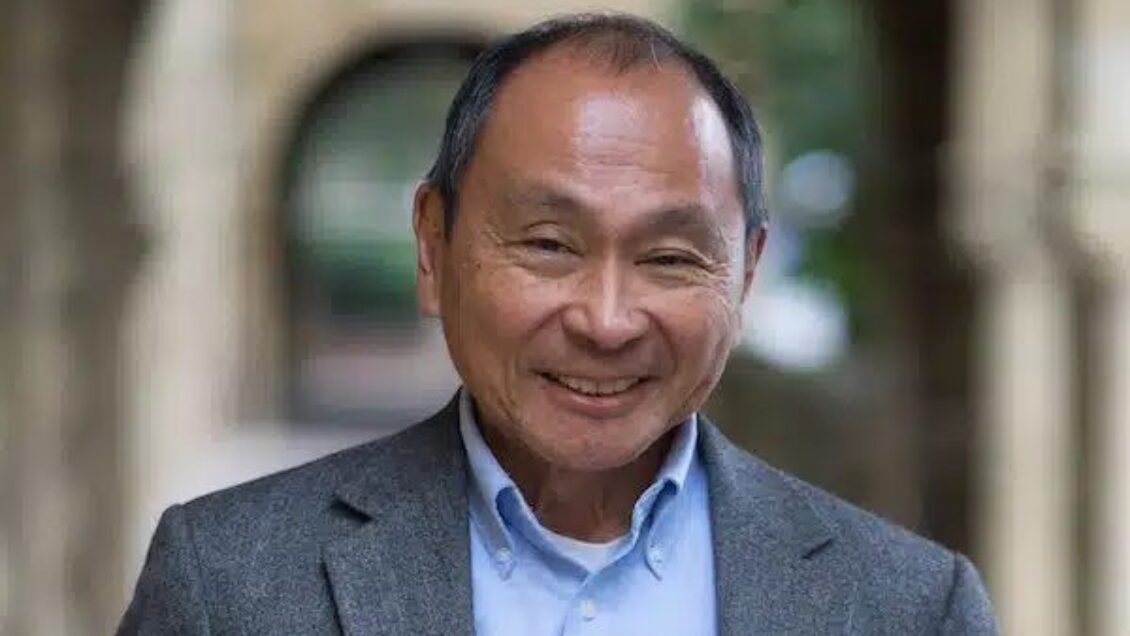Political scientist and international relations scholar Francis Fukuyama will speak on “The State of Global Democracy in 2024” at the Brooks Center at Clemson University Friday, October 4, at 5 p.m. The lecture is free and open to the public. Click here to register to attend.
Fukuyama is the Olivier Nomellini Senior Fellow at Stanford University’s Freeman Spogli Institute (FSI) for International Studies and a faculty member in FSI’s Center on Democracy, Development and the Rule of Law. He rose to prominence with his book, “The End of History and the Last Man,” (1992) which argued that the rise of liberal democracy at the end of the Cold War would represent “the end-point of mankind’s ideological evolution.” The book, which was met with both acclaim and criticism, has appeared in more than 20 foreign editions.
At Clemson, he will speak on the retreat of liberal democracy around the world and the rise of authoritarian powers in countries such as Russia and China as well as populist-nationalist movements in long-established democracies, including the United States.
The event is hosted by The Aurantiaco, Clemson’s undergraduate academic journal for social sciences and humanities, along with Phi Beta Kappa Society and Clemson Libraries.
Elise Bloom, one of the editors of The Aurantiaco, said the group wanted to bring a well-known scholar to get more people to engage with the humanities at Clemson.
“One of our goals, along with publishing student work, is to create a place for celebrating the humanities and fostering a community among students,” said Bloom. “We want to put Clemson more on the map in the humanities.”
Fukuyama has written widely on international politics and is the author of several books, including his most recent book, “Liberalism and Its Discontents” (2022).
He received his B.A. from Cornell University in classics and his Ph.D. from Harvard in political science. He was a member of the Political Science Department of the RAND Corporation and of the Policy Planning Staff of the US Department of State. From 1996-2000 he was Omer L. and Nancy Hirst Professor of Public Policy at the School of Public Policy at George Mason University, and from 2001-2010 he was Bernard L. Schwartz Professor of International Political Economy at the Paul H. Nitze School of Advanced International Studies at Johns Hopkins University. He served as a member of the President’s Council on Bioethics from 2001-2004.
Get in touch and we will connect you with the author or another expert.
Or email us at news@clemson.edu

